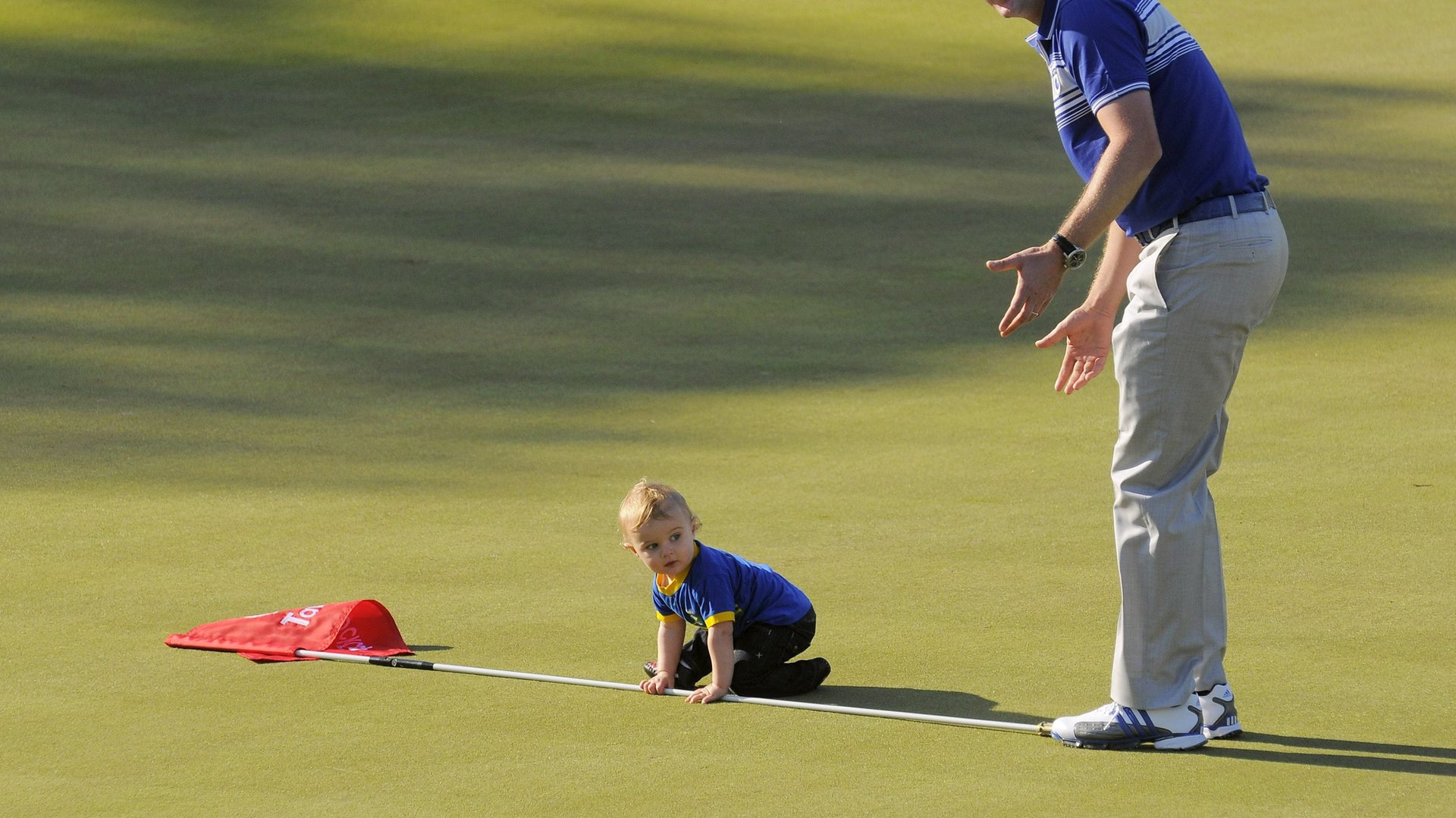Switzerland says giving new dads more than one day off is too expensive
The Swiss government last week rejected two campaigns aimed at modestly increasing paid time off for men who become parents because, it said, introducing statutory paternity leave would be too expensive. Fathers in Switzerland will therefore continue to be bound by the country’s current norms: one day off when their partner gives birth.


The Swiss government last week rejected two campaigns aimed at modestly increasing paid time off for men who become parents because, it said, introducing statutory paternity leave would be too expensive. Fathers in Switzerland will therefore continue to be bound by the country’s current norms: one day off when their partner gives birth.
The first paternity leave proposal, launched in 2017 by a coalition of business organizations, asked for four weeks of partially-paid time off for new dads. (Swiss mothers get 14 weeks of leave at 80% of their salary.) The second campaign, this time from within parliament, suggested two weeks.
Rejecting both, the Swiss government said that paid paternity leave would be too expensive (link in German), estimating that even two weeks would cost about $230 million. The previous day, lawmakers had presented their own package of parental policy proposals, including more help for parents of sick children, and more childcare options. The government, which has rejected paternity-leave proposals in the past, also for economic reasons, suggested that any paid time off for dads should be a company decision, rather than enshrined in law.
But the problems created by parental-leave imbalances are economic.
Switzerland had a gender pay gap of 19.6% in 2016, slightly higher than the previous year. (For comparison, the UK had a roughly 12% gap in 2018; in the US it was around 15%.) Consistently, research finds that the “motherhood penalty,” whereby women who have children pay for it in the ensuing years through lower status at work, less pay, and less seniority, is one of the biggest drivers of workplace gender inequality. The economic case for paternity leave would suggest that in order to empower an entire workforce, not just its male members, parental responsibilities need to be borne by both parents.
Sharing the news of Switzerland’s decision, economics doctoral student Ursina Schaede noted that Switzerland, a country that remained neutral in both of the 20th century’s major wars, still mandates several weeks of annual military service for men over 18:
(Military service isn’t compulsory for women in Switzerland.)
Economics isn’t the only good argument for fathers spending more than one “family day” with their infant child before returning to work. There’s plenty of evidence that dads spending time with their kids is good for children, fathers, and mothers. Perhaps the answer lies in a reply to Schaede’s tweet: “They should use the military recruits to baby sit for tired parents.”